
Australian-Cypriot historian @flindersuniversity.bsky.social on Kaurna Yarta; expert on British empire, Cyprus, Armenia, migration; Editor-in-Chief @jich.bsky.social; poet; @YusufCatStevens fan
https://www.flinders.edu.au/people/andrekos.varnava ..
more
Australian-Cypriot historian @flindersuniversity.bsky.social on Kaurna Yarta; expert on British empire, Cyprus, Armenia, migration; Editor-in-Chief @jich.bsky.social; poet; @YusufCatStevens fan
https://www.flinders.edu.au/people/andrekos.varnava
Professor Andrekos Varnava,, , is a dual national Cypriot–Australian writer and historian, who is best known for his work confronting controversial moments in modern history and their consequences. .. more



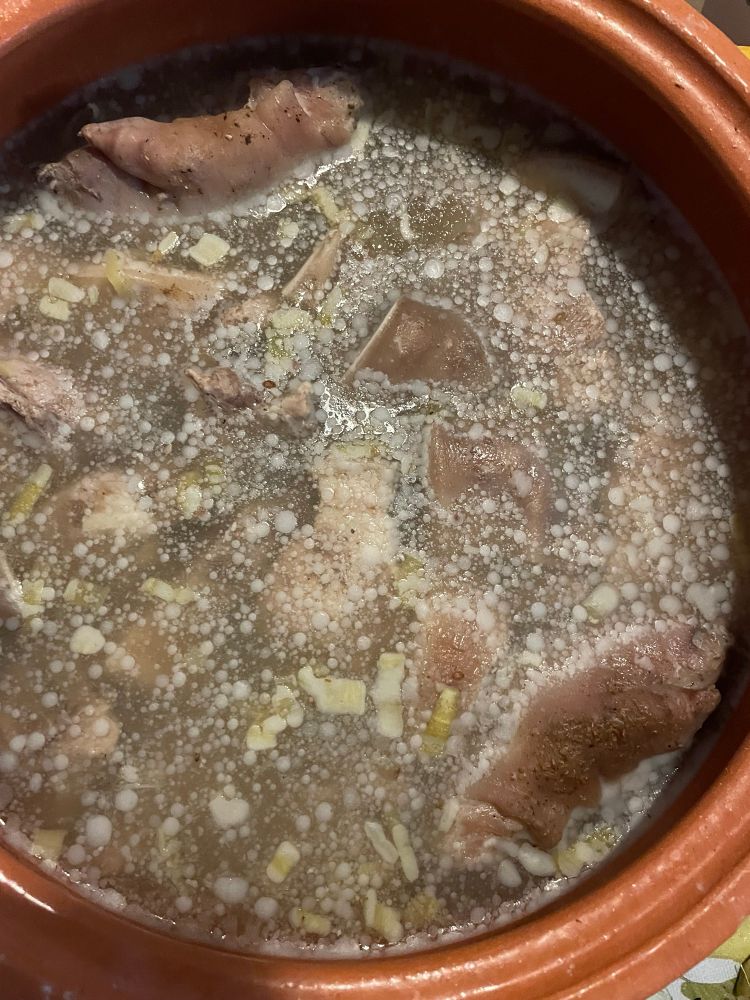


Reposted by Andrekos Varnava



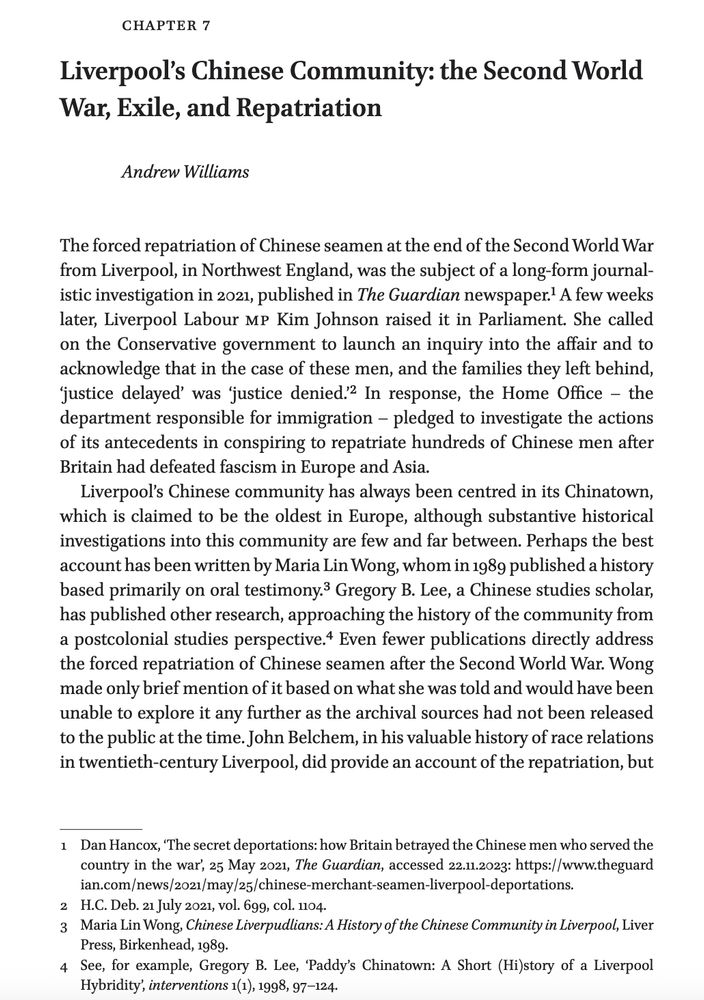
@andrekosvarnava.bsky.social @yiannicart.bsky.social
brill.com/display/book...

Reposted by Andrekos Varnava

@andrekosvarnava.bsky.social @evansmithhist.bsky.social @dgb-history.bsky.social
Reposted by Andrew Scott, Jane Lydon, Andrekos Varnava
alanlester.co.uk/blog/the-ant...
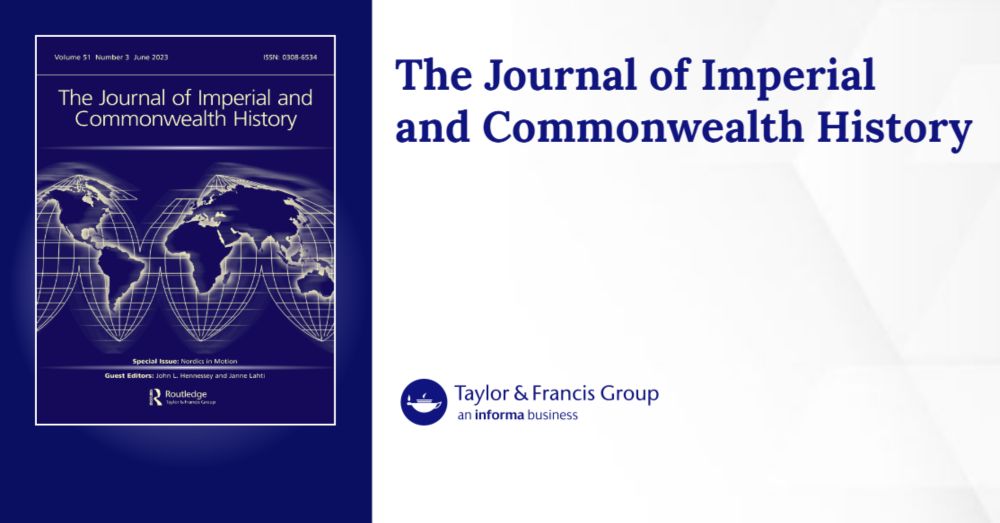
'Transnational Whiteness and the Elite Backlash to Reforming the Australian Immigration Control System in the 1950s and 1960s'
www.cambridge.org/core/journal...

Reposted by Dave O’Brien, Andrekos Varnava, Adrian Vickers

'Transnational Whiteness and the Elite Backlash to Reforming the Australian Immigration Control System in the 1950s and 1960s'
www.cambridge.org/core/journal...
Reposted by Andrekos Varnava
Reposted by Andrekos Varnava
Winners will be announced each Feb & receive £200 in book vouchers from @tandfresearch.bsky.social. Winning articles will become free access for 12 months.
Reposted by Andrekos Varnava
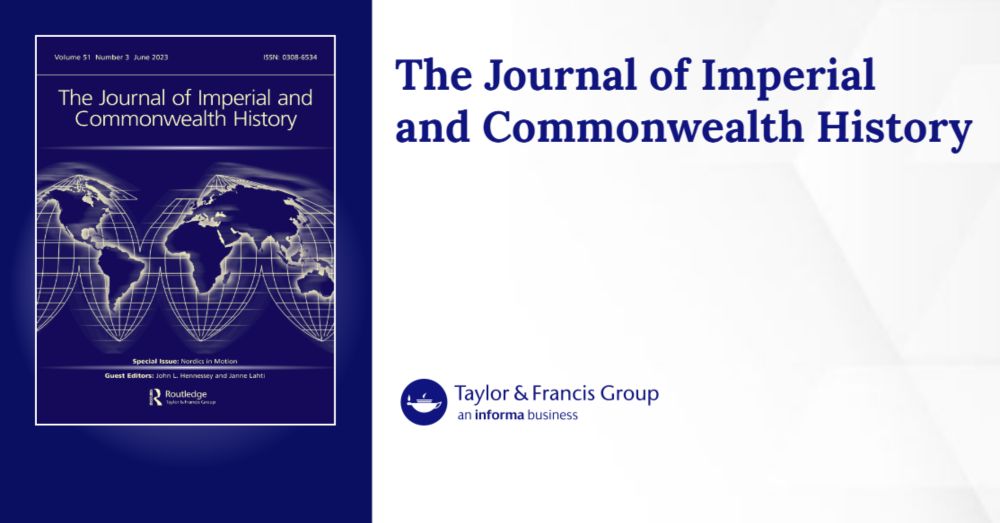
Reposted by Andrekos Varnava
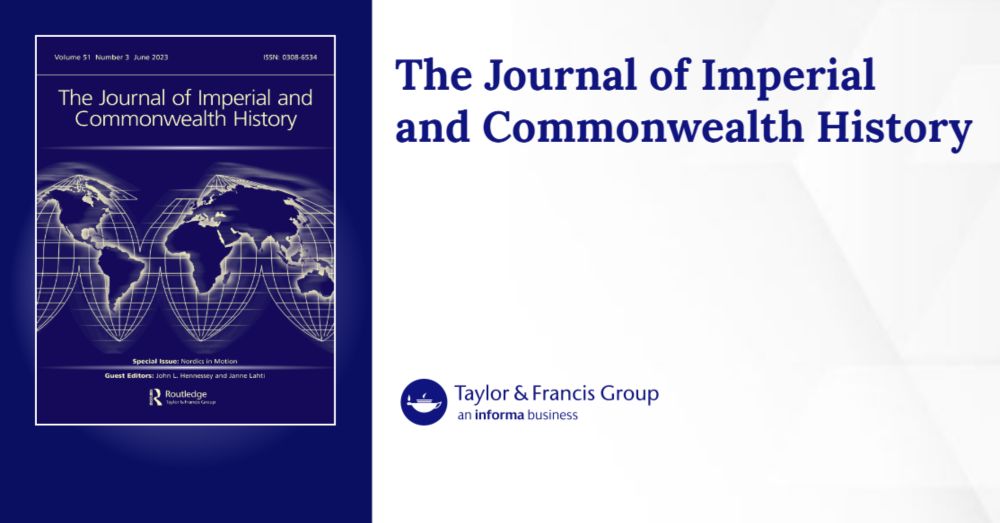
"Colonial Extraction and Industrial Steam Power, 1790–1880: Decarbonising Imperial History", edited by Liz Conor
www.tandfonline.com/doi/full/10....
Reposted by Ian Hall, Andrekos Varnava

Because Humanities programs pay for themselves, unlike STEM etc.
www.chronicle.com/article/they...
Reposted by Andrekos Varnava

www.nytimes.com/2025/08/13/a...



